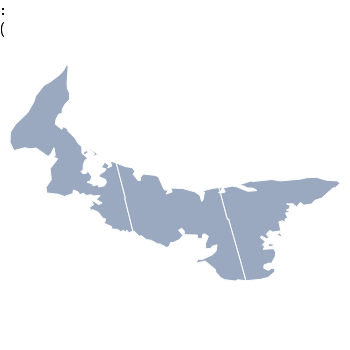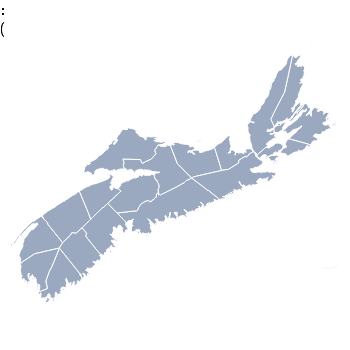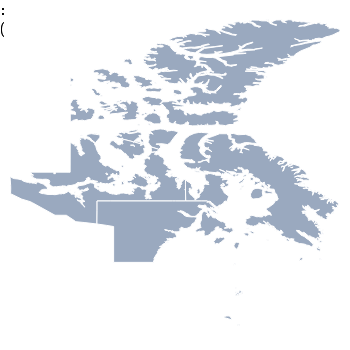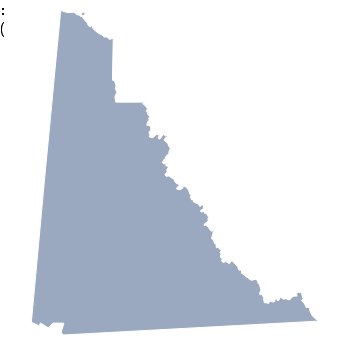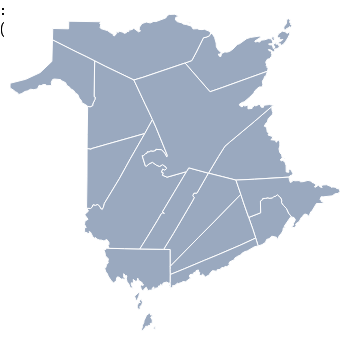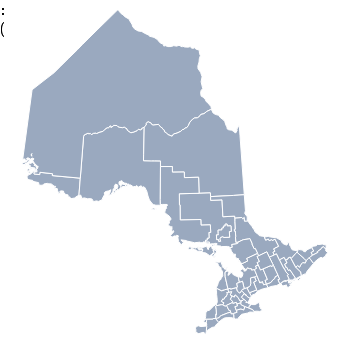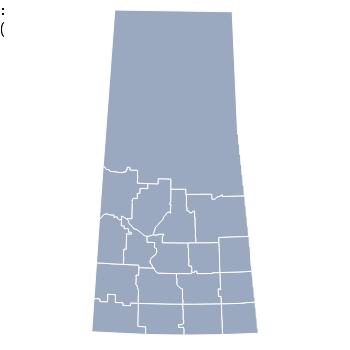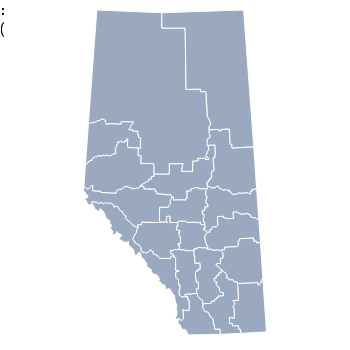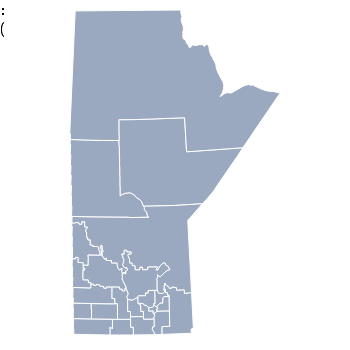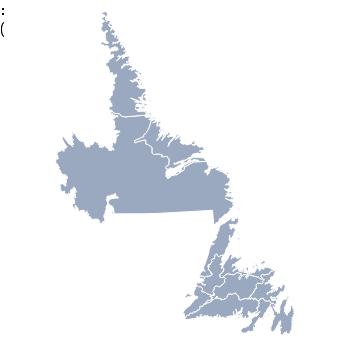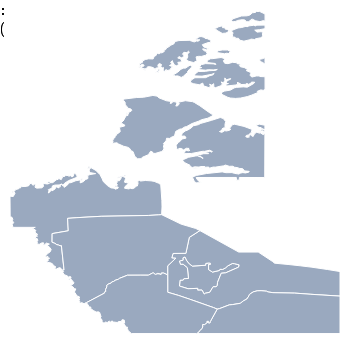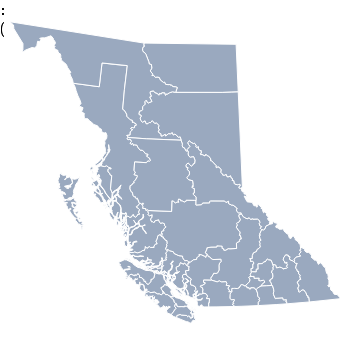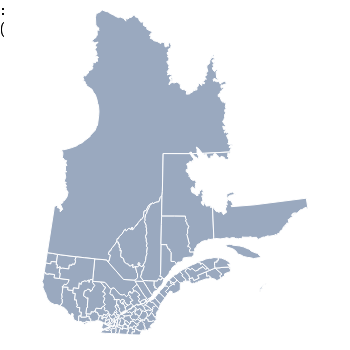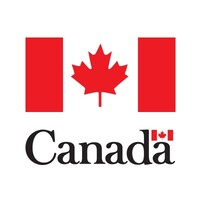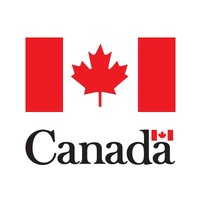Filter By
13
Subregions
Download Regions Data
Prince Edward Island, Nova Scotia, Nunavut, Yukon, New Brunswick, Ontario, Saskatchewan, Alberta, Manitoba,...
Description
Data in Voxdash
United State of America
2023 Mar 31
United State of America
2023 Mar 31
United State of America
2023 Mar 31
Canada
The Labour Force Survey (LFS) is a monthly survey of Canadian households carried out by Statistics Canada. It was developed after the Second World War to satisfy a need for reliable and timely data on the labour market due to the massive labour market changes involved in the transition from a war to peace-time economy. The objectives of the LFS have been to divide the working-age population into three mutually exclusive labour force status categories (employed, unemployed, and not in the labour force) and to provide descriptive and explanatory data on each of these groups. With the release of the survey results only 10 days after the completion of data collection, the LFS estimates are the first of the major monthly economic data series to be released. The LFS is the source of Canada's official unemployment rates, including the rates used by Employment and Social Development Canada in the calculation of Employment Insurance (EI) eligibility and benefit criteria. Data from the survey also provide information on major labour market trends, such as shifts in employment across industrial sectors, hours worked and labour force participation.
Canada
A study was conducted by Health Canada to survey the general public, including non-smokers and smokers, in the provinces of Newfoundland and Labrador, and British Columbia. The survey was conducted to measure knowledge, attitudes, and behaviours of the population, both smokers and non-smokers, to serve as a baseline against which to measure and evaluate the impact of the smoking bans. A total of 1,468 adults, including 800 smokers, were surveyed in British Columbia on attitudes toward second-hand smoke and smoking in public places, during the same timeframe, also using a random-digit dial sampling process and trained, bilingual interviewers to administer the questionnaire. The margin of error for samples of this size is also plus or minus 2.6 percentage points, 19 times in 20 for the overall sample and plus or minus 3.5 per cent for smokers. The questionnaire was largely replicated from previous iterations with other provinces, although some items were changed based on the needs and laws in each province.
Canada
A study was conducted by Health Canada to survey the general public, including non-smokers and smokers, in the provinces of Newfoundland and Labrador, and British Columbia. The survey was conducted to measure knowledge, attitudes, and behaviours of the population, both smokers and non-smokers, to serve as a baseline against which to measure and evaluate the impact of the smoking bans. A total of 1,468 adults, including 800 smokers, were surveyed in British Columbia on attitudes toward second-hand smoke and smoking in public places, during the same timeframe, also using a random-digit dial sampling process and trained, bilingual interviewers to administer the questionnaire. The margin of error for samples of this size is also plus or minus 2.6 percentage points, 19 times in 20 for the overall sample and plus or minus 3.5 per cent for smokers. The questionnaire was largely replicated from previous iterations with other provinces, although some items were changed based on the needs and laws in each province.
Canada
A study was conducted by Health Canada to survey the general public, including non-smokers and smokers, in the provinces of Newfoundland and Labrador, and British Columbia. The survey was conducted to measure knowledge, attitudes, and behaviours of the population, both smokers and non-smokers, to serve as a baseline against which to measure and evaluate the impact of the smoking bans. A total of 1,468 adults, including 800 smokers, were surveyed in British Columbia on attitudes toward second-hand smoke and smoking in public places, during the same timeframe, also using a random-digit dial sampling process and trained, bilingual interviewers to administer the questionnaire. The margin of error for samples of this size is also plus or minus 2.6 percentage points, 19 times in 20 for the overall sample and plus or minus 3.5 per cent for smokers. The questionnaire was largely replicated from previous iterations with other provinces, although some items were changed based on the needs and laws in each province.
Canada
C-Dem is a dynamic research network across Canada that addresses urgent questions about political engagement, underrepresentation, levels of government, the evolution of public opinion between and across elections, and data collection practices with an evidence-based, cooperative approach to studying electoral democracy, during federal elections as well as subnationally and between elections.
Canada
Democracy Checkup surveys gather information about the opinions of Canadians when election campaigns are not activating their interest and/or partisan attitudes, and capture general public opinion about democratic values, public policies, and current issues.
Canada
Democracy Checkup surveys gather information about the opinions of Canadians when election campaigns are not activating their interest and/or partisan attitudes, and capture general public opinion about democratic values, public policies, and current issues.
